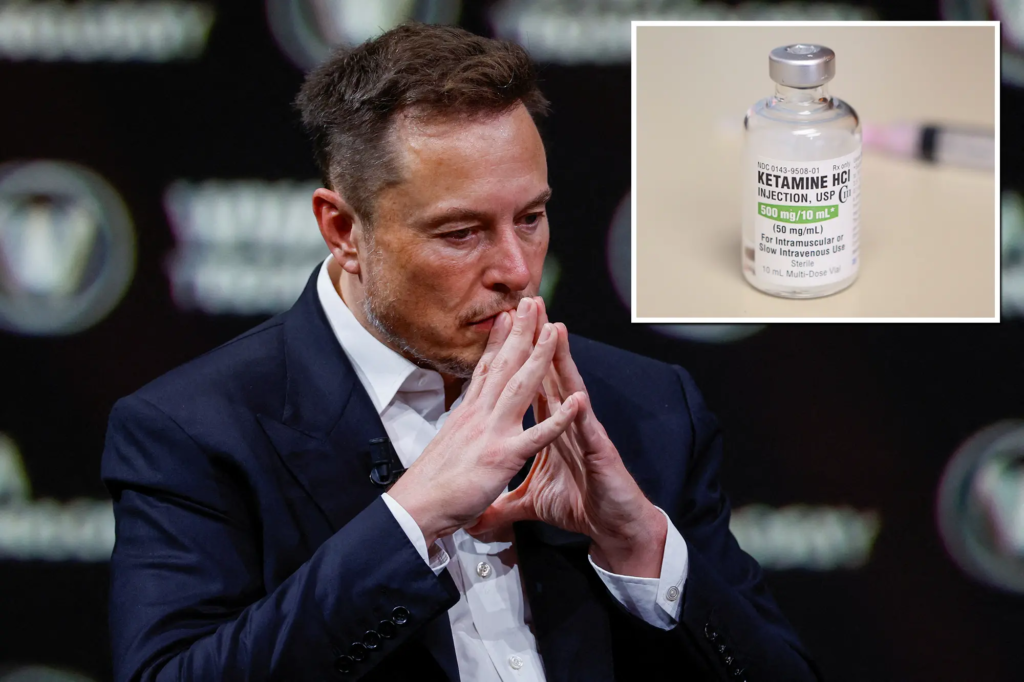Amid the frenetic whirl of high-pressure industries, a controversial trend is surging forward: bio-hacking. Spearheading headlines this week, Elon Musk confessed to partaking in this practice, revealing his use of ketamine to combat depression. But the Tesla CEO is not alone in this endeavor; from Wall Street giants to tech executives, many have turned to substances in a bid to enhance productivity and survive the rigors of their vocations.

Initially, ketamine served a noble purpose within the medical community as an anesthetic. However, its burgeoning application transcends the operating room and is touted as a potential solution for psychological ailments such as depression and anxiety. Musk candidly discussed the relief ketamine provides from his mental duress, acknowledging its role in shifting him away from a depressive state.
Bio-Hacking: A New Work-Life Trend?
This revelation arrives against a backdrop of startling admissions: high-powered women experimenting with mushrooms, tech leaders indulging in psychedelics, and traders and pilots deploying nicotine patches. Such instances are not fabrications but snippets from recent news, painting an image of a ‘new normal’ that starkly contrasts the anti-drug rhetoric of the past.

The alluring narrative of bio-hacking suggests a sophisticated approach to optimizing human capabilities. Encompassing insights from genetics, neuroscience, and nutrition, its proponents claim it bolsters not only performance but potentially extends lifespan. Nonetheless, beneath the veneer of advancement, risks fester unaddressed. With the vast expanse of information, from scholarly articles to viral TikTok videos, discerning scientifically-backed practices from hazardous exploits becomes challenging.
Musk may illuminate a controlled scenario, with prescriptions and moderation framing his usage, yet the broader implications resonate with ambiguity and peril. The cautionary tale of actor Matthew Perry’s accidental ketamine overdose underscores the dark realities accompanying this trend.
For many, the sheer velocity of their careers leaves scant room for leisure or social connection. Entrapped in relentless work cycles, they resort to drugs as a swift antidote—a shortcut through the demanding topography of their professions. However, this shortcut dwarfs the essence of bio-hacking, warping it into a mere coping mechanism for incessant workaholism.

Distressingly, this approach hints at a greater societal malaise—the erosion of work-life balance and the glorification of relentless productivity, often at a dear cost. While bio-hacking—in a researched and ethical framework—can represent innovation, it verges on recklessness when drugs masquerade as the wellspring of performance enhancement.
Read More:- Eliminating Gang Wars in El Salvador: Security vs. Civil Liberties
As this phenomenon continues to evolve, it is crucial to scrutinize and discern between safe, impactful bio-hacking methods and hazardous shortcuts. For in our pursuit of excellence, it behooves us to remember that lasting achievements and health are bedfellows, not adversaries.
Do you also like Anime? Head on to Pop Media Pulse
